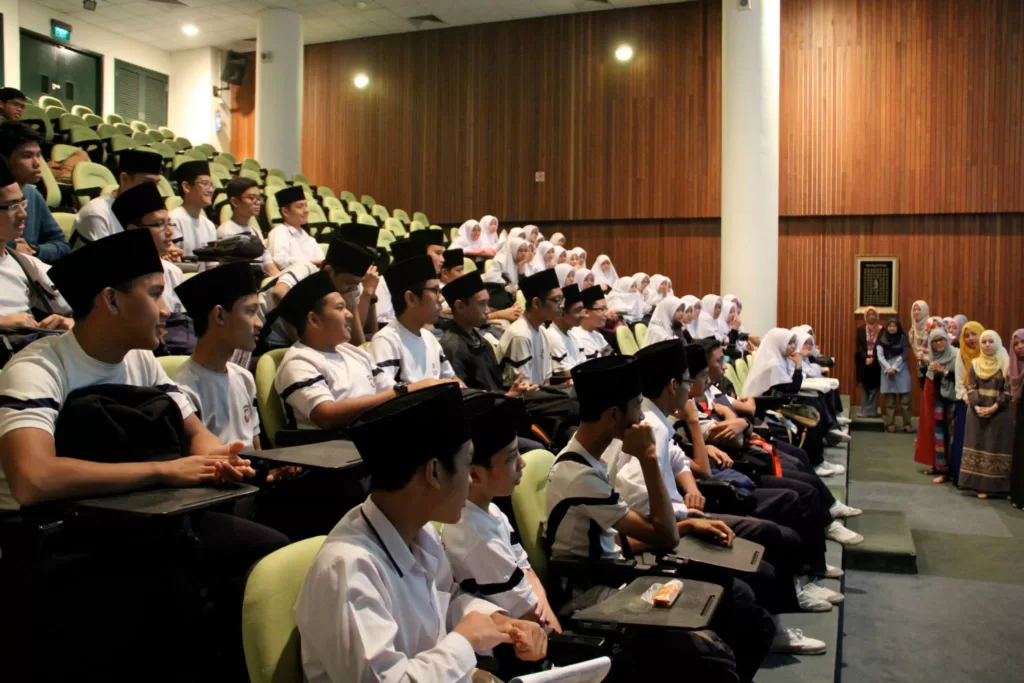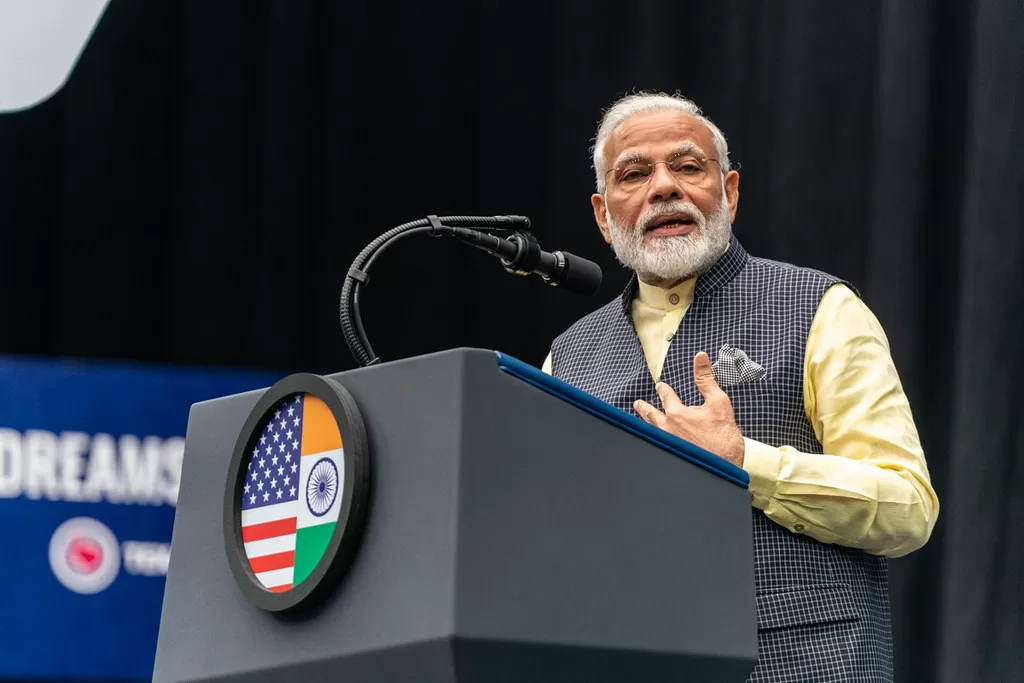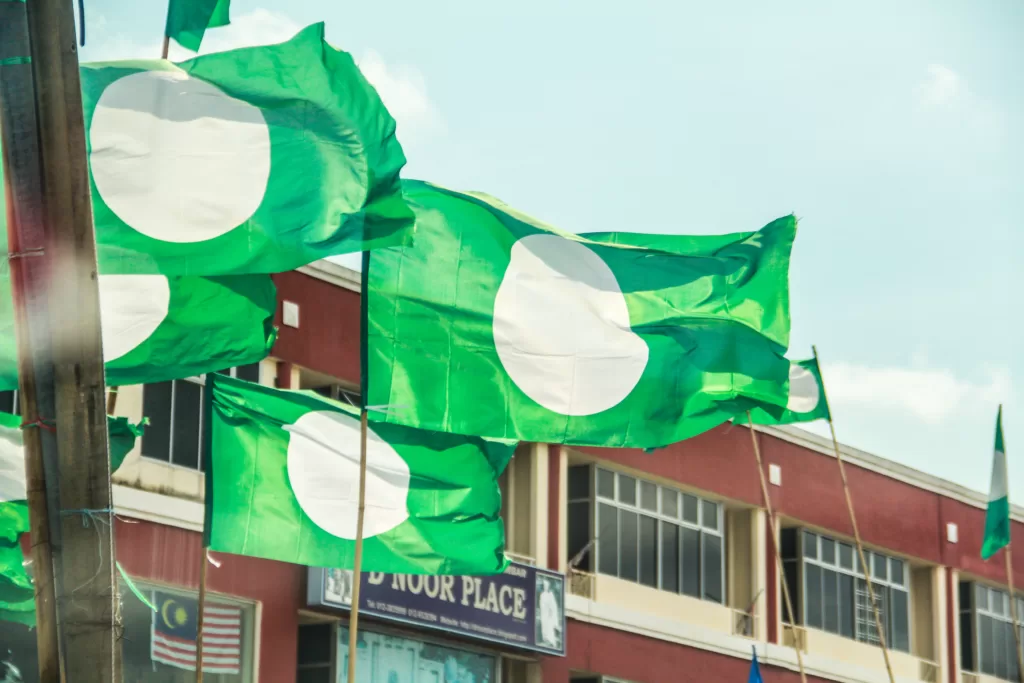Saudi political priorities might have changed but their religious influence is still present in Southeast Asian politics, particularly in Malaysia.
 Many Indonesians and Malaysians studied in Saudi Arabia and returned to either join the civil service or set up businesses and religious schools. : Madrassah students attending a lecture by Khairulash is available at https://tinyurl.com/66ec98vf CC BY-SA 4.0
Many Indonesians and Malaysians studied in Saudi Arabia and returned to either join the civil service or set up businesses and religious schools. : Madrassah students attending a lecture by Khairulash is available at https://tinyurl.com/66ec98vf CC BY-SA 4.0
Saudi political priorities might have changed but their religious influence is still present in Southeast Asian politics, particularly in Malaysia.
Saudi Arabia has spent decades trying to spread its brand of Islam into Southeast Asia. While official Saudi funding is now less obvious, in Malaysia that investment is quietly paying off.
It is widely acknowledged that the Saudi Arabian government has funded schools, mosques and institutions globally with the aim of spreading its Wahhabi — also known as Salafi — beliefs.
Those beliefs advocate the establishment of an Islamic State, with Western-style democracy being seen as a threat to society. This could pose a threat to democracies like Malaysia, where Salafi adherents are gaining political influence.
Muslim-majority Malaysia and Indonesia have been prime targets for the Saudi propagators in Southeast Asia, with Indonesia highly prized as the world’s largest Muslim nation.
The propagation has been ongoing for decades, mainly through education links, and Wahhabi/Salafi beliefs have established a firm foothold in both nations.
In Southeast Asia, scholars usually refer to Wahhabis as Salafists. Salafism refers to an interpretation of Islam that seeks to restore Islamic faith and practice to the way they existed at the time of Prophet Muhammad and his early generations of his followers.
Its core tenants are close to Wahhabism and many Southeast Asian Muslims who follow these teachings prefer to be known as Salafists. Early generations of Muslims, known as the Salaf, were closest to the Prophet Muhammad both in time and proximity.
Salafis now appear to be much more influential in Malaysian politics than Indonesian because they occupy middle and top-level positions in both political parties and government institutions.
But many Muslims and the wider communities in both countries mistake them as simply being part of the conservative Islamic establishment rather than Salafis.
They overlook the commonality among the Salafis in both countries, which is the rejection of Western democracy and pluralism as a viable political system. Some Salafis believe that capturing political power under a nation’s existing system is a prerequisite for setting up an Islamic state.
Saudi Arabia’s political influence will always be present in Malaysia and Indonesia because of the education links built in the 1980s although true Saudi influence in politics is difficult to map when so few adherents display their Salafi leanings openly.
Flush with oil money in the late 1970s, Saudi Arabia began using education as its main method to quietly spread Salafism to Southeast Asia and the rest of the world.
Saudi embassies in Jakarta and Kuala Lumpur have a religious attaché whose job is to recruit students and maintain ties with Islamic organisations that are friendly to Salafism.
The embassies also fund the construction of mosques, religious schools and the organising of events and forums.
One clear motivation for Saudi Arabia, which is part of the Sunni sect in Islam, to assert its influence in Indonesia and Malaysia was the competition with Iran.
Saudi Arabia feared that Iran’s dominant Shi’a sect would spread to Indonesia and Malaysia.
Thousands of Southeast Asian students were given scholarships to study in selected Saudi universities. The Malaysian government also funded some students to study in Saudi Arabia.
Self-funded students have been recruited through personal links with religious schools in Saudi Arabia or their alumni in both countries.
Some Saudi graduates opened their own madrassah (religious schools) when they came back to the region while others became part of the wider community. In Malaysia, many joined the civil service and academic institutions but have maintained links among their cohorts.
Saudi graduates can now be found in every strata of Indonesian and Malaysian society. Some are prominent in the religious and political arena. The most influential Salafi are the ulama or religious teachers.
Some ulama started their own madrassah to bypass the national curriculum. A few of them have also achieved the status of public intellectuals and appear regularly in the mainstream press offering their opinions on government and public policies.
The political turbulence created by the ascension of Mohammed bin Salman as the ruler of Saudi Arabia in 2017 will have limited impact on the Salafi movement in Southeast Asia. It has already undergone some indigenisation.
Under Mohammed, there seems more emphasis on economic cooperation than the emphasis on the export of Saudi beliefs, consistent with his grand plan to modernise the Saudi economy, especially moving it away from oil.
Official funding for Salafi networks in Southeast Asia has mostly dried up and is now done largely through personal ties with rich Saudi foundations and donors.
It is often hard to study the Salafi movements in both Indonesia and Malaysia because Salafi networks don’t have a central network or structure and are loosely spread out.
In Indonesia, the organisation that is most often associated with Saudi influence is the Saudi-funded Institute for the Study of Islam and Arabic (LIPIA), a private religious Jakarta university, and the Dewan Dakwah Islamiyah Indonesia (the Indonesian Society for the Propagation of Islam).
Some militant groups, such as the now-defunct anti-Christian Laskar Jihad and the Jemaah Islamiyah, are known to be influenced by Salafi teachings. The best-known public Salafi networks in Indonesia are the Al-Turots (‘Islamic Heritage’) network and the Wahdah Islamiyah.
Some purist Salafis have rejected the need to enter active politics but instead want to concentrate on teaching. Others accept that to build the Islamic State (Daulah Islamiyah), they need to engage in politics.
The Salafi movement in Indonesia included in this sphere is the Prosperous Justice Party (PKS) although there are Salafis operating in other parties as well. Salafi political leaders do not identify themselves openly as Salafi followers.
In Malaysia, the root of Salafi influence is similar to Indonesia with one important difference.
Before 2018, political power in Malaysia was held by the United Malays National Organisation (UMNO), a Muslim-based political party. In the early 2000s, Salafi ulama began a deliberate policy of infiltrating UMNO, especially UMNO’s young ulama wing.
UMNO, hitherto a Malay nationalist party, welcomed these young Salafis as they provided religious legitimacy against its main political foe, Parti Islam SeMalaysia (Islamic Party of Malaysia).
James Chin is Professor of Asian Studies at the University of Tasmania and Senior Fellow at Sunway University’s Jeffrey Cheah Institute, Malaysia. He declares no conflict of interest.
Originally published under Creative Commons by 360info™.
Editors Note: In the story “Religion in politics” sent at: 20/08/2023 12:23.
This is a corrected repeat.












